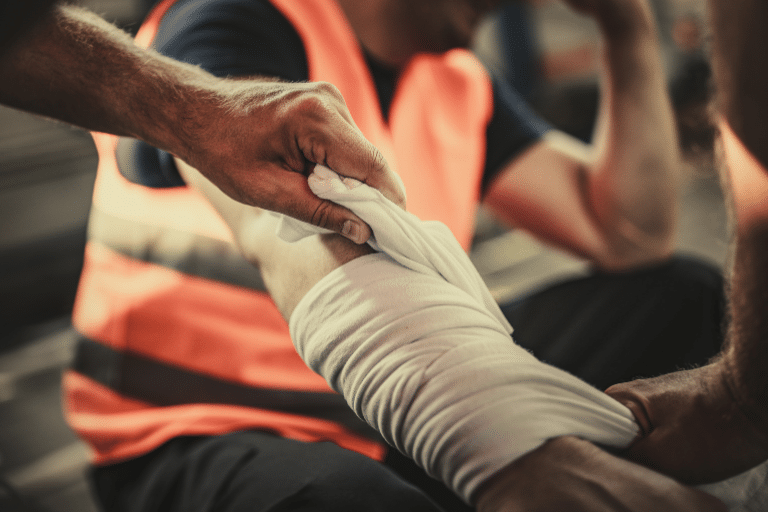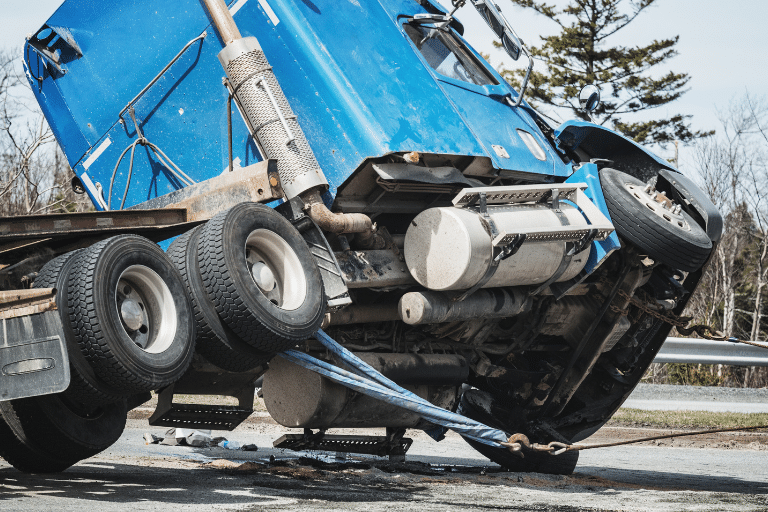Self-driving cars have gotten a lot of attention in recent years, especially when they’re involved in a crash. 94 percent of all car crashes can be attributed to driver error—but what happens if no one is driving at all? If you’re injured in a self-driving car accident, can you still sue the driver?
This is a relatively new area of law, so we can expect to see changes in the coming years. Here’s what the current prevailing legal theories are.
Who is ‘Driving?’
The appeal of self-driving cars is fairly obvious: drivers get to relax a bit as the sensors take care of the heavy lifting. Today’s self-driving cars sense obstacles, traffic signals and more, so that drivers don’t need to devote their entire focus to their journey. However, human drivers are still considered a “safety driver,” who can override the programming in case of an emergency.
In 2018, an Arizona woman was the first pedestrian killed by a self-driving car. The safety driver, an Uber employee, was watching a TV episode instead of the road. The self-driving car malfunctioned, did not recognize the pedestrian as such, and struck her.
According to Forbes, “the blame was divided between the safety driver, Uber, the self-driving car, the victim, and the state of Arizona.” The safety driver was found to be negligent, and Uber was vicariously liable as her employer.
Could the Manufacturer Be Responsible?
Like the Arizona case, the car manufacturer could be held responsible for an accident. These cases may fall under product liability. One legal scholar argued that a switch to autonomous vehicles takes the responsibility off the driver and puts it on the manufacturer. If a product is manufactured in a dangerous or defective manner, the company can be held liable for damages.
This theory is largely untested at this point—luckily, there have been very few self-driving accidents or fatalities. Experts are concerned that drivers may erroneously put too much trust in their self-driving car, taking unnecessary risks and not paying attention, much like the Arizona case. But is that the manufacturer’s responsibility, the driver’s responsibility—or both? How can one prove whether the driver couldn’t have overridden the programming?
Until more cases are litigated, it’s difficult to predict how courts will rule. Negligence and product liability are the two prevailing theories, but as technology develops, that could change. One thing is clear: if you own a self-driving car, don’t let it lull you into complacency.
Talk to an Ohio Car Accident Attorney Today
If you’ve been injured by a self-driving car, you deserve to recover compensation. Call me today at 877.944.4373 to discuss your case and learn how I’ll Make Them Pay!®







